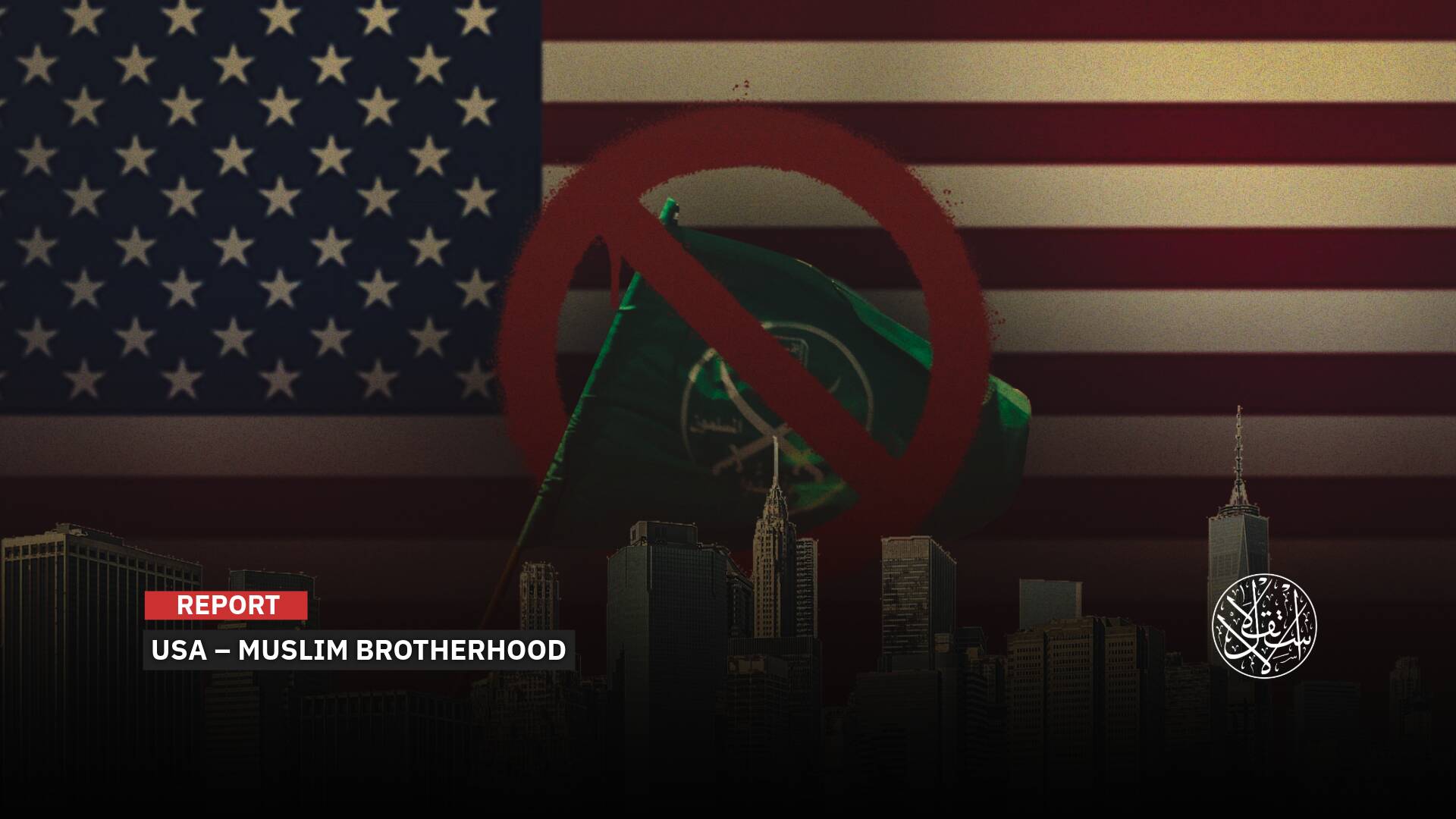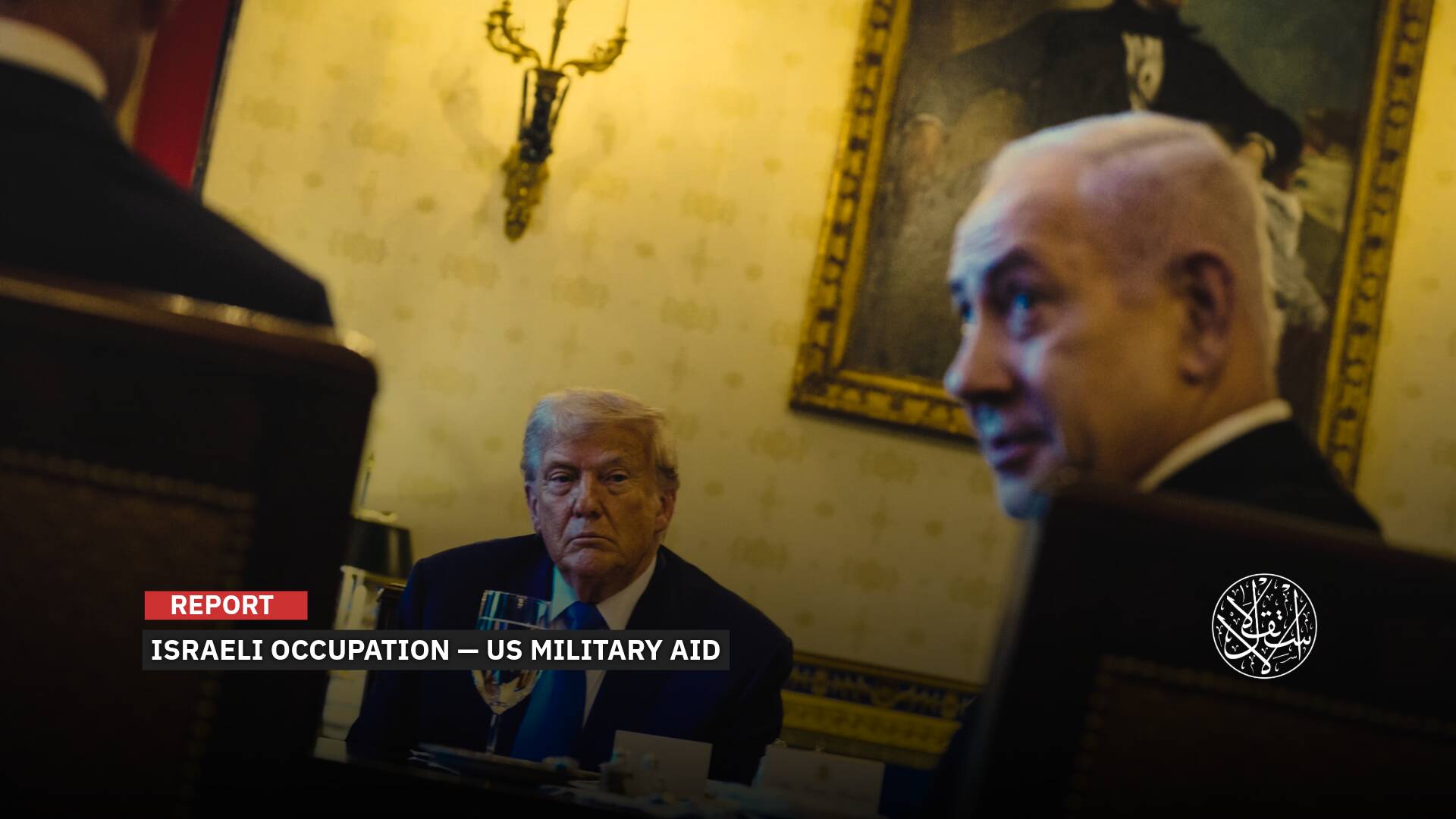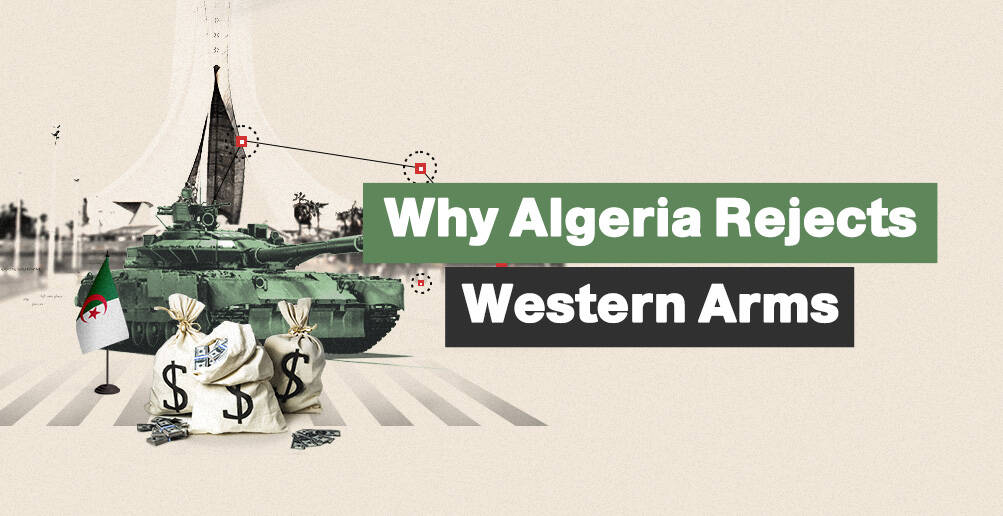How Far Will Shiite Forces Go in Making Concessions to the U.S. to Maintain Power in Iraq?
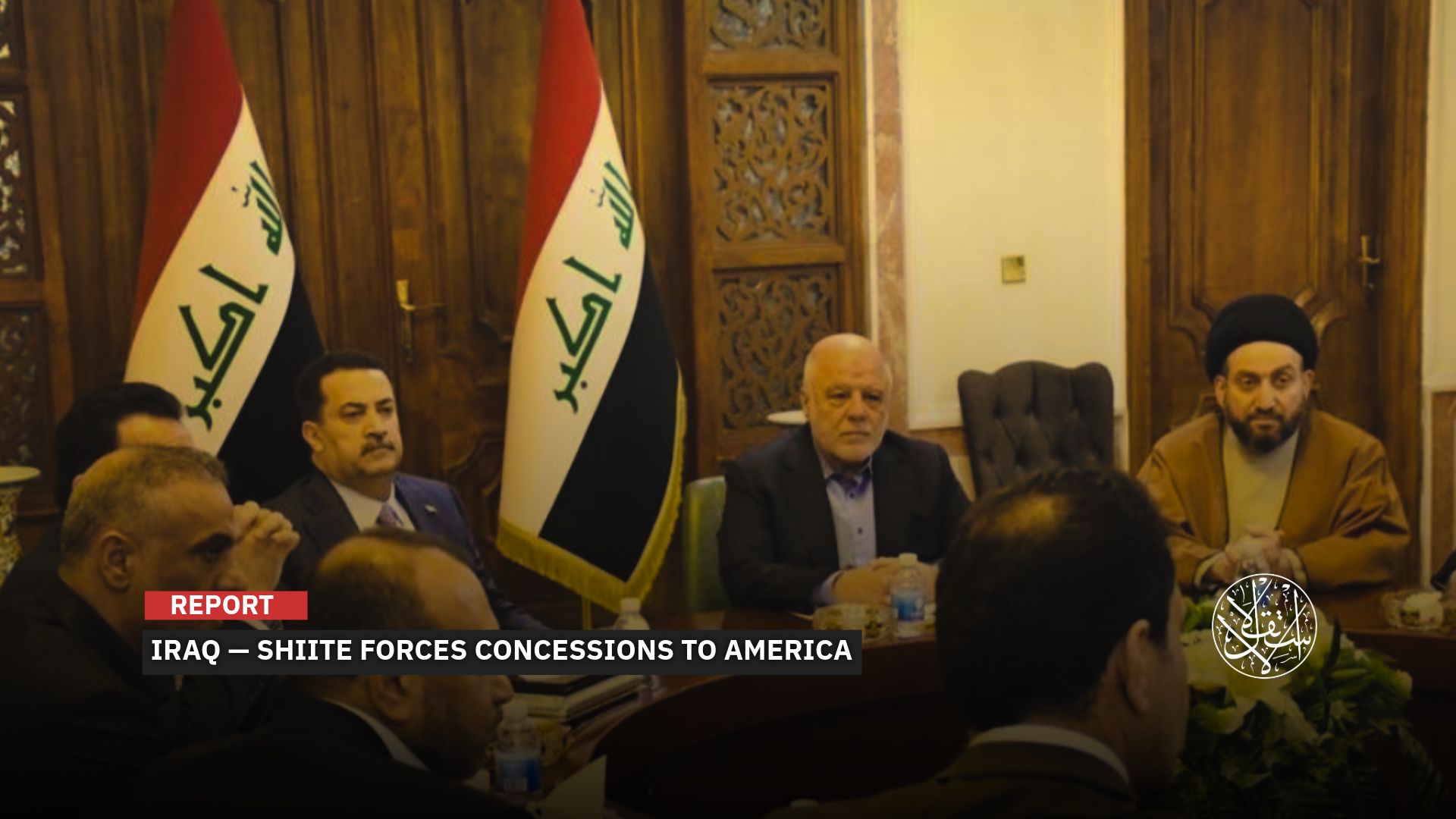
“Everyone in power fears accountability or assassination, and even al-Sudani is trying to keep himself out of harm’s way.”
One by one, Iraq’s ruling Shiite factions have been making concessions to the United States under unprecedented pressure from Washington on Tehran-aligned allies who assumed power after the 2003 U.S. invasion and the fall of Saddam Hussein.
These concessions come as the Iranian axis shows signs of weakening across the region, raising urgent questions about how far Iraq’s Shiite leaders are willing to go to retain power and whether Washington sees their rule as an extension of Iran that must be curtailed.
Iraq is set to hold parliamentary elections on November 11, 2025, coming after U.S.-Israeli aggression against Iran, with expectations that Washington will exert influence over the formation of the next government, a role Tehran has traditionally played since the country’s first elections in 2005.

The Tsourkov Release
Iraqi Prime Minister Mohammed Shia’ al-Sudani announced on September 9 that the release of Russian-Israeli citizen Elizabeth Tsourkov came after months of intensive work by Iraqi agencies. Yet the U.S. Department of State highlighted the role of pressure from President Donald Trump.
In a post on X, U.S. Secretary of State Marco Rubio welcomed the release, saying U.S. measures against hostage diplomacy played a key role.
“Less than a week after @POTUS [Trump] signed an executive order to strengthen efforts against hostage diplomacy, Princeton student Elizabeth Tsurkov has been released,” Rubio wrote.
“This is peace through strength in action,” he added, thanking Iraq’s al-Sudani for his support.
On September 5, Trump signed the order targeting hostage diplomacy, enabling Washington to label countries around the world as sponsors of unlawful detention and impose punitive measures, including sanctions against states believed to be holding Americans illegally.
According to Agence France-Presse, a source within the Iran-aligned Kata’ib Hezbollah said on September 9 that Tsourkov, kidnapped since 2023, was released on the condition of keeping Iraq out of any conflict.
“She was released according to conditions, the most important of which was to facilitate the withdrawal of U.S. forces without a fight and to spare Iraq any conflicts or fighting,” the source said.
“She was released and not liberated. No military operation was carried out to free her.”
A week before Elizabeth Tsourkov was freed, Washington-based Iraqi political analyst Nizar Haidar said that Prime Minister Mohammed Shia’ al-Sudani used his September 3 visit to Oman to “open a channel” with the Israeli Occupation and hand over Tsourkov, who had been held by Iraq’s Iran-aligned Kata’ib Hezbollah since 2023.
In a television interview that day, Haidar added that “al-Sudani did not travel to Oman without first reaching an agreement with Kata’ib Hezbollah regarding Tsourkov, including a financial payment for her release.”
Haidar also noted that the United States placed conditions on al-Sudani, including preventing the passage of the Popular Mobilization Forces (PMF) law in parliament, which the Shiite Coordination Framework had withdrawn from council sessions at the end of August 2025.
The analyst suggested that al-Sudani was racing against time to meet Washington’s demands and predicted that if successful, it could lead to a historic handshake with Trump.
The kidnapping itself only came to public attention after Israeli Prime Minister Benjamin Netanyahu’s office issued a statement on July 5, 2023, confirming that Tsourkov, described as a “researcher,” had been abducted months earlier by Iraq’s Kata’ib Hezbollah and remained their “hostage.”
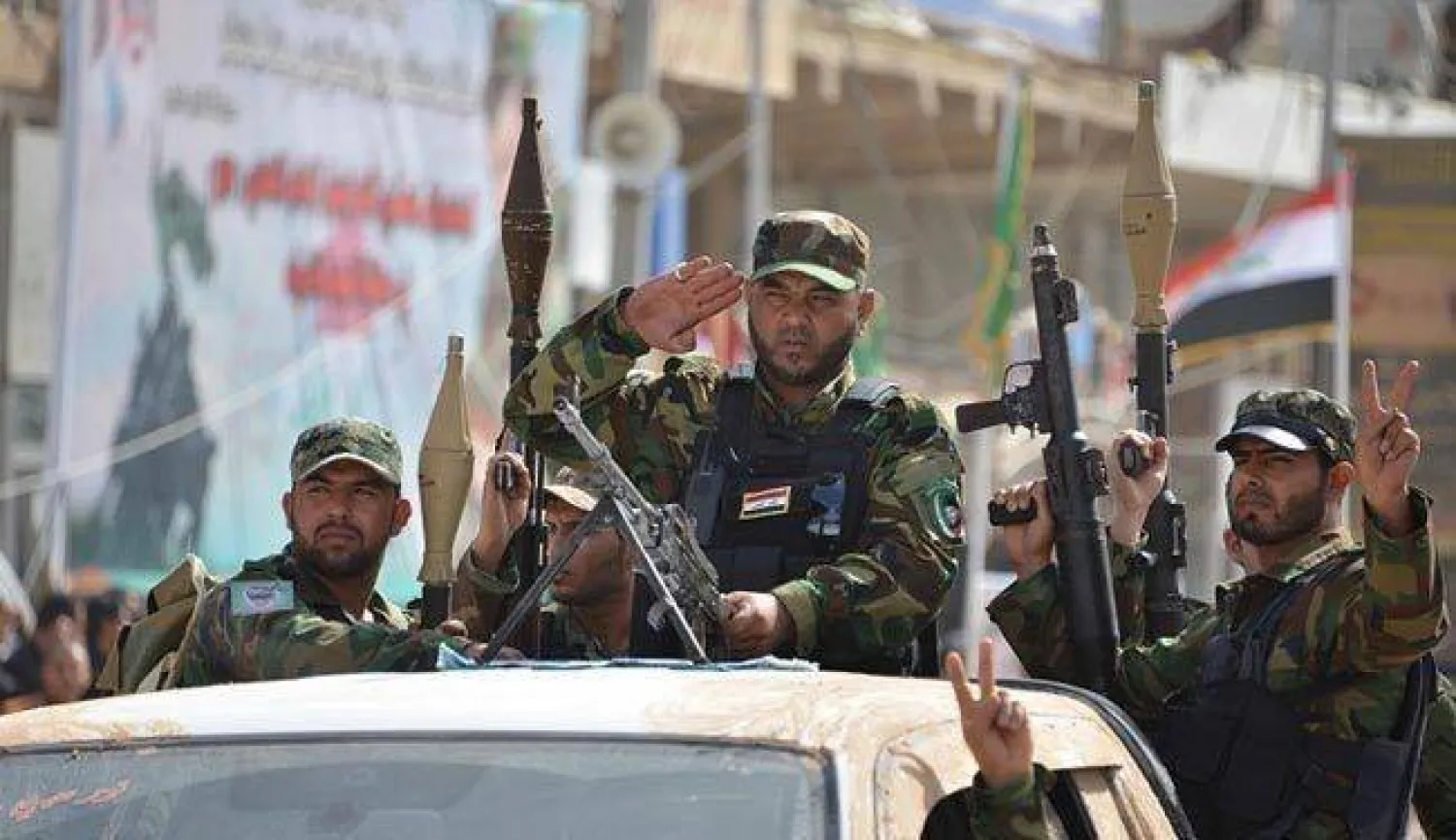
The PMF Law
Before the release of the Israeli captive, Iraq’s Shiite factions withdrew the proposed amendment to the Popular Mobilization Forces law from parliament after direct U.S. warnings to Iraqi leaders, signaling that its passage could trigger political, economic, and security repercussions.
Iraqi Parliament Speaker Mahmoud al-Mashhadani revealed that Washington informed Baghdad it would impose sanctions if certain laws were approved, explicitly pointing to the PMF legislation. “The American side made it clear that cooperation would be suspended if we pass specific laws they reject,” al-Mashhadani said during a television interview on August 24.
“The U.S. message was clear: if you approve these laws, we will impose political, economic, and security sanctions.”
He added that the Shiite Coordination Framework shared similar concerns, though some factions continued to push the PMF law to court votes ahead of the upcoming parliamentary elections.
Earlier, Al-Estiklal reported in August that a senior U.S. embassy delegation had visited parliament and warned that any attempt to pass the PMF law would be met with targeted measures. An unnamed source told the paper that these threats specifically involved potential strikes against PMF leaders, a warning that provoked significant concern among Shiite lawmakers. The source predicted that the Coordination Framework would likely abandon efforts to pass the law following this direct warning.
The PMF was originally formed in 2014 after ISIS swept across Iraq, capturing roughly a third of the country, following a fatwa from the senior Shiite cleric in Najaf, Ali al-Sistani, calling for “defensive jihad.” Around 70 mostly Iran-aligned militias merged into the PMF, which Western governments have long accused of serving as Tehran’s arm in Iraq. After the defeat of ISIS, calls emerged to disband the force.
In a call described by some observers as a “U.S. directive,” Secretary of State Marco Rubio expressed Washington’s concerns to Prime Minister Mohammed Shia’ al-Sudani over the pending legislation. In an official statement on July 22, Rubio warned that passing such laws would entrench Iranian influence and empower armed groups that undermine Iraq’s sovereignty.
The proposed amendment to the PMF law, number 40 of 2016, aims to maintain the PMF as a military institution rather than integrating it into Iraq’s security apparatus. It also stipulates equal treatment for its members with Iraqi armed forces personnel in terms of salaries and benefits.
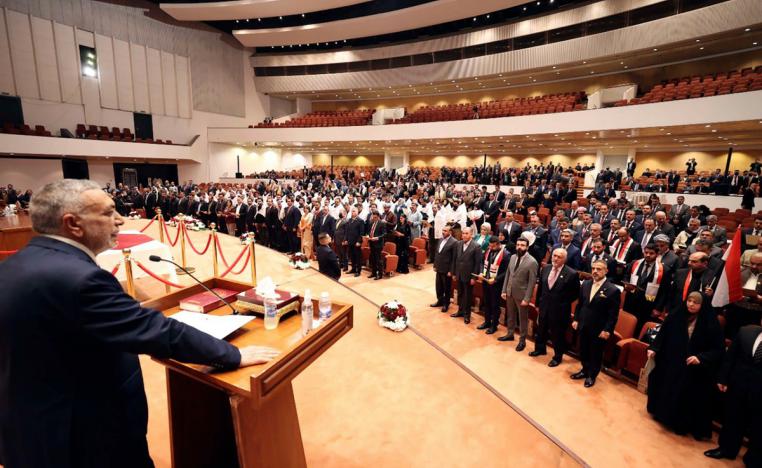
U.S. Objectives
On the scale of concessions Iraq’s Shiite factions may offer to maintain power, political analyst Hamed al-Obaidi said, “Everyone in power fears accountability or assassination, and even al-Sudani is trying to keep himself out of harm’s way.”
“After Congress recently withdrew approval to cancel the authorization for war against Iraq, leaders of the Shiite Coordination Framework and the Popular Mobilization Forces breathed a sigh of relief but remained willing to make any concession necessary to stay in power,” he told Al-Estiklal.
On September 11, the U.S. House of Representatives formally repealed longstanding legal authorizations granting the president broad powers to wage war in Iraq, a move described as an effort to restore constitutional balance between the executive and legislative branches. The repeal passed with a 261–167 majority, supported by both Democrats and Republicans, ending decades of debate over authorizations from 1991 and 2002 that had been used to wage the Gulf War and the 2003 invasion that toppled Saddam Hussein.
Al-Obaidi emphasized that the United States does not seek to overthrow Shiite rule in Iraq and may not even insist on a specific prime minister after the elections, given that Iraq has a democratic system established and maintained by Washington—unlike Iran, which openly claims to appoint Iraqi officials.
“President Donald Trump’s style suggests he is less a decisive leader and more an unpredictable, bullying opportunist who does not understand governance, so any U.S. pressure is likely aimed at curbing Iranian influence rather than selecting specific leaders for Baghdad.”
Previous remarks by former Iranian Revolutionary Guard Corps commander Major General Mohammad Ali Jafari illustrate Tehran’s deep involvement in shaping Iraq’s government. In November 2018, Jafari told ISNA that Iran defeated the United States three nil in Iraq, highlighting Tehran’s ability to install its allies in all three top offices: Barham Salih as president, Adil Abdul Mahdi as prime minister, and Mohammed al-Halbousi as parliament speaker.
Regarding the release of the Russian-Israeli captive, Iraqi newspaper al-Mada reported on September 11, citing unnamed sources, that Iran-backed factions sought to calm tensions in the region and avoid potential strikes, suggesting that Tsourkov may have been transferred to Iran during her captivity.
The report noted, however, that the release does not shield these factions from future retaliation. Confrontations with Washington and the Israeli Occupation continue, and activities by these groups in Syria, Lebanon, Yemen, and Iraq are laying the groundwork for potential clashes ahead.
Sources
- Kidnapped academic Tsurkov in Israel after release from Iraq
- Withdrawals from Iraq’s Popular Mobilization Forces: U.S. Pressure or Internal Arrangements? [Arabic]
- Amid Talk of Possible Israeli Attacks, Why Did al-Sudani Travel to Oman?
- Trump signs executive order paving way for states to be designated sponsors of wrongful detention
- U.S. Congress Repeals War Authorization on Iraq: What Does the Decision Mean? [Arabic]



